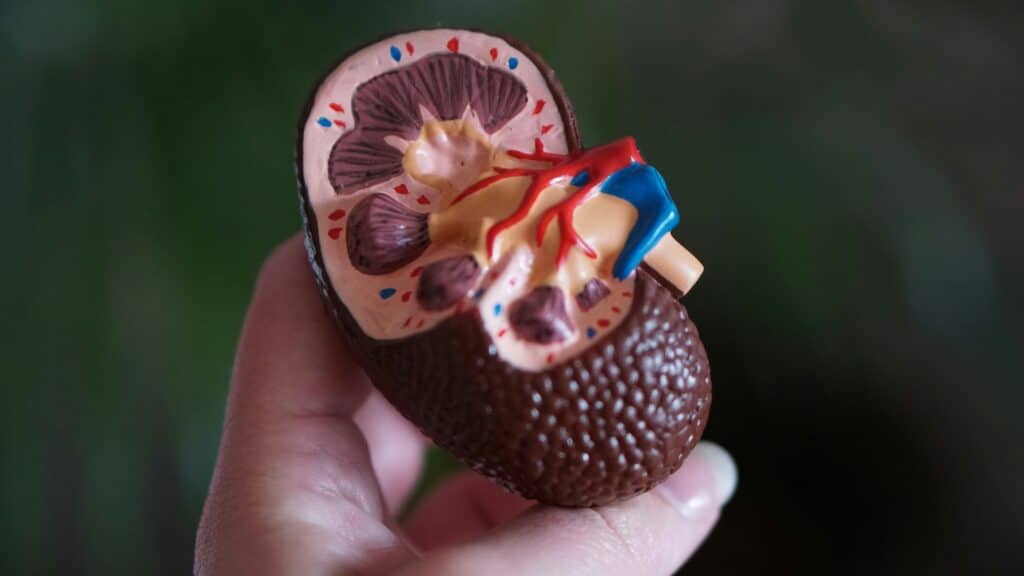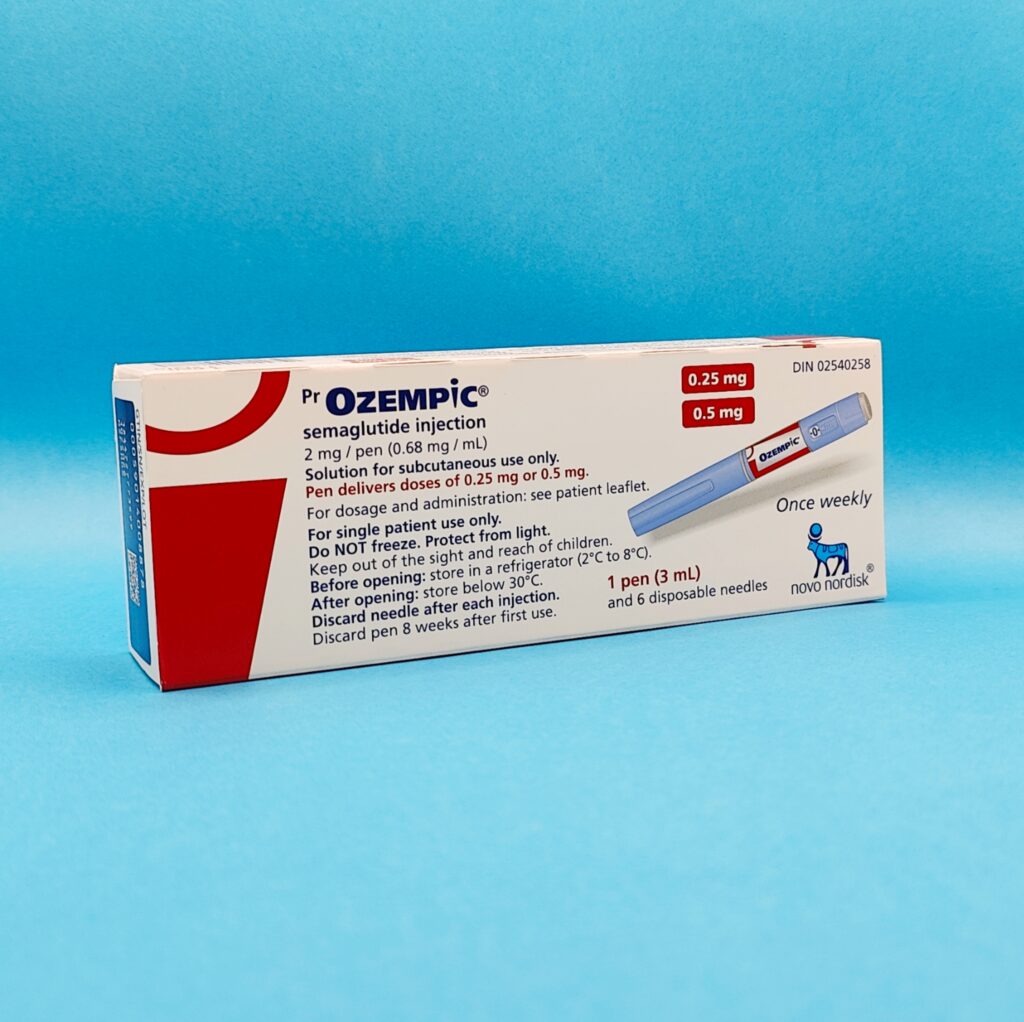Kidney Health in Diabetes: Warning Signs and Ways to Protect Your Kidneys
Kidney Health in Diabetes: Warning Signs and Ways to Protect Your Kidneys
- Jason K
Managing kidney health is a critical aspect of diabetes care. Diabetes is one of the leading causes of kidney damage, often progressing silently until significant issues arise. However, with early detection, lifestyle adjustments, and new medications, protecting kidney function is possible. This article explores the warning signs of kidney problems in diabetes, ways to protect your kidneys, and emerging treatments that can help.
Understanding the Link Between Diabetes and Kidney Damage
Diabetic kidney disease (DKD) occurs when high blood sugar levels damage the tiny blood vessels in the kidneys, impairing their ability to filter waste from the blood. Over time, this can lead to chronic kidney disease (CKD) or even kidney failure.
Key risk factors include:
- Long-term uncontrolled blood sugar
- High blood pressure
- Family history of kidney disease
Diabetic kidney disease often develops gradually and may not show symptoms until the later stages, making regular monitoring crucial.
Warning Signs of Kidney Problems in Diabetes
Early-stage kidney damage might not cause noticeable symptoms. As the condition progresses, signs to watch for include:
- Swelling in the hands, feet, or face (edema)
- Fatigue and difficulty concentrating
- Frequent urination, especially at night
- High blood pressure that’s hard to control
- Foamy urine, indicating protein leakage
- Loss of appetite or nausea
If you experience any of these symptoms, consult your healthcare provider promptly for testing and evaluation.
How to Protect Your Kidneys with Diabetes
1. Manage Blood Sugar Levels
- Keeping blood sugar levels within target ranges reduces stress on the kidneys and slows the progression of kidney damage. Medications like SGLT2 inhibitors (e.g., Jardiance, Farxiga) have shown protective effects for both blood sugar control and kidney health.
2. Control Blood Pressure
- High blood pressure worsens kidney damage. Aim for a blood pressure below 130/80 mmHg if you have diabetes. ACE inhibitors and ARBs are common medications that can help protect the kidneys while lowering blood pressure.
3. Monitor Kidney Function Regularly
- Routine tests like urine albumin-to-creatinine ratio (ACR) and estimated glomerular filtration rate (eGFR) can detect early kidney changes.
4. Eat a Kidney-Friendly Diet
- Reduce sodium intake and limit processed foods. Focus on whole, plant-based foods, lean proteins, and healthy fats to ease the workload on your kidneys.
5. Stay Hydrated
- Drinking enough water helps your kidneys function properly and flush out waste effectively.
6. Avoid Over-the-Counter Painkillers
- Medications like ibuprofen and naproxen can harm the kidneys, especially with prolonged use. Always consult your doctor before using these drugs.
New Medications Supporting Kidney Health
Recent advancements in diabetes care include medications that not only manage blood sugar but also protect the kidneys. These include:
SGLT2 Inhibitors (e.g., Jardiance, Farxiga): These medications lower blood sugar by helping the kidneys remove excess glucose through urine. They’ve been shown to reduce the risk of kidney disease progression in diabetes patients.
GLP-1 Receptor Agonists (e.g., Ozempic, Trulicity):
These medications are primarily known for their ability to control blood sugar by stimulating insulin release and reducing appetite, which can lead to weight loss. However, recent studies suggest that GLP-1 receptor agonists, including Ozempic (semaglutide), also have protective effects on the kidneys. Ozempic has shown promise in reducing markers of kidney damage, such as albuminuria, a key indicator of early kidney disease. These drugs may reduce inflammation and oxidative stress in the kidneys, helping to preserve kidney function over time. Additionally, they can lower blood pressure and improve overall vascular health, which indirectly supports kidney health. For patients with Type 2 diabetes and early-stage kidney disease, GLP-1 receptor agonists like Ozempic can be a valuable addition to a comprehensive treatment plan.
Finerenone (Kerendia): A newer drug specifically designed to protect kidneys in patients with Type 2 diabetes and chronic kidney disease. It works by reducing inflammation and fibrosis in the kidneys.
The Role of Regular Kidney Screenings in Diabetes Care
Routine kidney screenings are essential for detecting early signs of damage, even before symptoms appear. These tests can include:
- Urine Tests: Measure the amount of protein in your urine, which can indicate early kidney damage.
- Blood Tests: Check levels of creatinine to estimate how well your kidneys are filtering waste.
- Imaging Tests: Ultrasounds or CT scans can assess structural changes in the kidneys if needed.
By identifying issues early, your healthcare provider can take steps to slow or prevent further kidney damage. Screening is especially important for patients with a history of high blood sugar or high blood pressure, as they are at the highest risk for kidney complications.
Lifestyle Changes to Preserve Kidney Health
Making lifestyle changes can significantly reduce the risk of kidney damage in people with diabetes. These include:
- Maintaining a Healthy Weight: Excess weight can strain your kidneys and worsen blood sugar levels. Losing even a small amount of weight can make a difference.
- Quitting Smoking: Smoking damages blood vessels and accelerates kidney damage. Quitting can improve circulation and kidney function.
- Staying Physically Active: Regular exercise helps regulate blood sugar, lower blood pressure, and improve overall kidney health.
- Reducing Salt Intake: Limiting sodium can help control blood pressure and reduce the workload on your kidneys.
Incorporating these habits into your daily routine can complement medical treatments and provide long-term benefits for your kidney health.
Final Thoughts
Kidney health is vital for diabetes management. By recognizing early warning signs, adopting healthy lifestyle habits, and exploring newer medications like SGLT2 inhibitors, GLP-1 receptor agonists, and finerenone, patients can significantly reduce their risk of kidney disease. Regular check-ups and open communication with your healthcare team are essential to keeping your kidneys functioning well.


